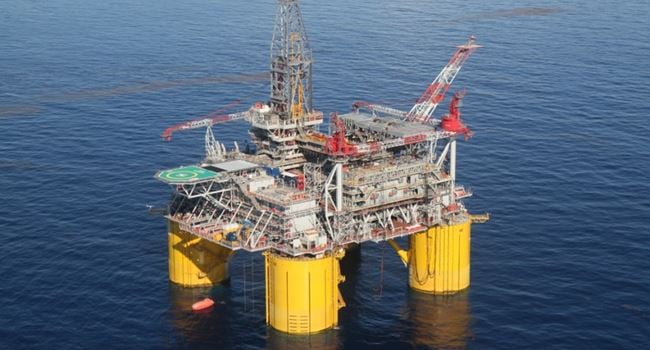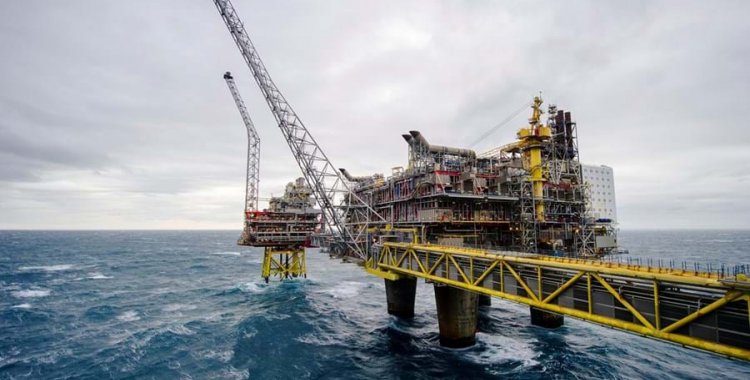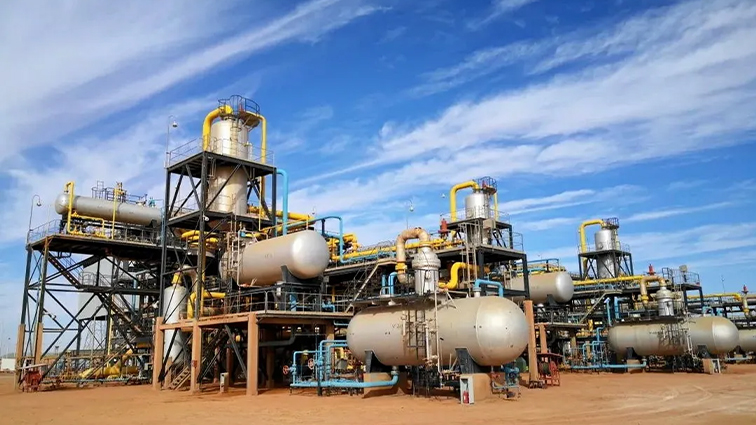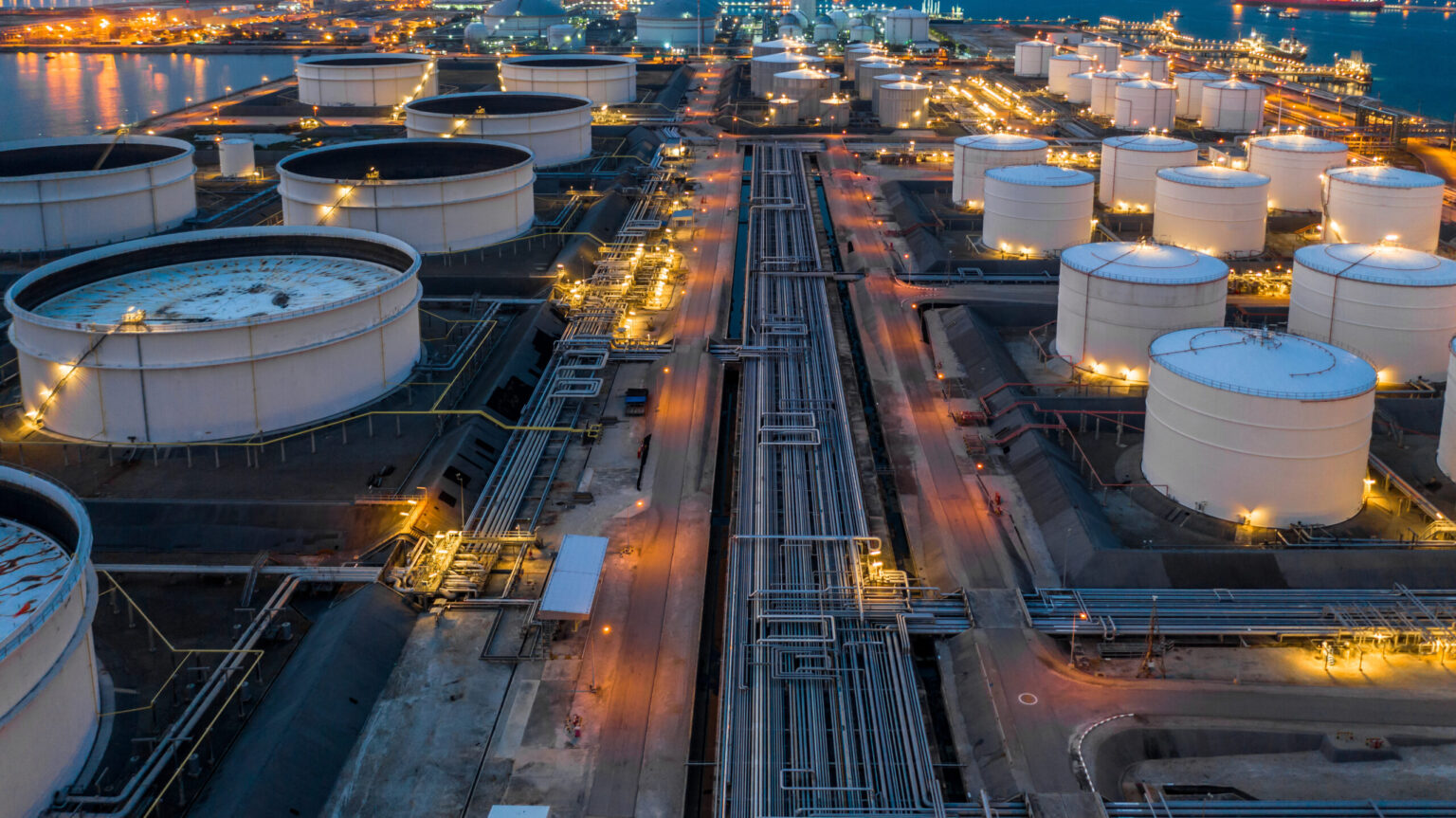At a Glance
- Top oil producers contribute significantly to GDP, export earnings, and infrastructure development across the continent.
- Demand is expected to grow by 1.93 million b/d in 2024 and 1.64 million b/d in 2025.
- Nigeria, Angola, and Algeria lead, leveraging investments and reforms while tackling sustainability and geopolitical concerns.
Africa’s oil industry stands as one of the most pivotal contributors to the continent’s economic development.�
Africa, home to 5 of the world’s top 30 oil producers, contributes over 8 percent of global output. Nigeria leads as Africa’s top producer, ranking 16th globally, while Libya, second in 2023, struggles with unstable production. Vast reserves and rising energy demand make oil a key GDP driver for many African nations.
Countries across the continent rely on oil revenues for infrastructure development, social services, and economic diversification.�
As the global energy landscape evolves, with OPEC projecting oil demand to rise by 1.93 million barrels per day (bpd) in 2024 and 1.64 million bpd in 2025, Africa’s leading oil producers face both challenges and opportunities, reaffirming their pivotal role in shaping the continent’s energy future.
Let’s delve into the top ten oil-producing nations in Africa for 2024 and their impact on economic growth.
1. Nigeria: Africa’s largest oil producer (1.8 million b/d)
Nigeria retains its position as Africa’s top oil producer since reclaiming the position after an output spike in May, now pumping an estimated 1.81 million barrels per day (b/d) in November 2024. The country is now targeting 2 million b/d by the end of 2024. Ranking 16th in the world, its oil sector contributes significantly to the economy, accounting for over 80 percent of export earnings.
The Niger Delta, home to Nigeria’s vast oil reserves, continues to be a focal point for exploration and production activities. Despite security concerns and infrastructural challenges, Nigeria’s investments in offshore drilling and refining capacity are positioning it to maintain its dominance in the sector while reducing its dependency on crude oil exports.

2. Angola: second-largest oil producer (1.5 million b/d)
Angola’s oil production, estimated at 1.5 million b/d, cements its position as a key player in Africa’s energy landscape. The country has successfully attracted major international oil companies like TotalEnergies and Chevron, fostering partnerships to enhance production.

Angola is also prioritizing economic diversification, channelling oil revenues into agriculture and manufacturing. Government reforms aimed at improving transparency in the oil sector have bolstered investor confidence, ensuring a steady production trajectory.
3. Algeria: Third-largest oil producer (1.1 million b/d)
Algeria’s estimated production of 1.1 million b/d places it among Africa’s leading oil producers. The country’s hydrocarbon wealth is complemented by its status as a significant natural gas exporter. Algeria’s government is investing heavily in modernizing its oil infrastructure and exploring untapped reserves.

Efforts to transition toward renewable energy sources coexist with the country’s strategic focus on maintaining oil output to meet domestic and international demand.
4. Libya: Fourth-largest oil producer (900,000 b/d)
Libya remains a vital oil producer despite enduring political instability and security challenges. With production reaching 900,000 b/d in 2024, the country is focused on stabilizing its oil sector through international partnerships and domestic reforms. Libya’s potential for higher production is immense, given its substantial reserves. However, achieving this depends on sustained peace and rebuilding critical infrastructure damaged by conflict.
5. Egypt: Fifth-largest oil producer (600,000 b/d)
Egypt’s oil production, estimated at 600,000 b/d, is a testament to its growing energy sector. The country has balanced its role as a top oil producer with significant natural gas exports, positioning itself as a regional energy hub. Investments in enhanced recovery techniques and offshore exploration have driven growth. Egypt’s oil revenues support its broader economic objectives, including infrastructure development and energy security.
6. Equatorial Guinea: Sixth-largest oil producer (400,000 b/d)
Equatorial Guinea, with a production of 400,000 b/d, continues to punch above its weight in Africa’s oil sector. The country has adopted policies to attract foreign direct investment, particularly in offshore oil fields. Its focus on local content development has created employment opportunities and spurred economic growth. Equatorial Guinea is also exploring diversification strategies to reduce dependency on oil revenues.
7. Gabon: Seventh-largest oil producer (300,000 b/d)
Gabon produces 300,000 b/d, making it a notable player in Africa’s oil industry. The country is leveraging its membership in OPEC to optimize production levels and stabilize revenues. Gabon’s oil sector reforms have improved regulatory transparency, encouraging exploration activities. Its strategy to channel oil revenues into environmental conservation and sustainable development highlights its commitment to balancing economic and ecological priorities.
8. Congo (Brazzaville): Eighth-largest oil producer (250,000 b/d)
Congo (Brazzaville) contributes 250,000 b/d to Africa’s oil output. The country is focused on expanding offshore exploration and modernizing its aging oil infrastructure. Partnerships with international oil firms have facilitated technology transfer and capacity building. Congo’s oil sector remains crucial to its economy, driving job creation and public investment.
9. South Sudan: Ninth-largest oil producer (200,000 b/d)
South Sudan, with a production of 200,000 b/d, relies heavily on oil revenues for its economic survival. Despite challenges such as political instability and infrastructural deficits, the country is committed to revitalizing its oil sector. Regional partnerships and peace agreements have been instrumental in sustaining production levels and fostering economic recovery.
10. Ghana: Tenth-largest oil producer (150,000 b/d)
Ghana’s oil production, at 150,000 b/d, is driven by its Jubilee and TEN oil fields. The country has prioritized the development of its oil sector alongside its burgeoning natural gas industry. Ghana’s commitment to transparency and local content has enhanced its reputation as a stable investment destination. Oil revenues are being used to fund critical infrastructure projects and social programs.
Scenarios
Nigeria’s push for sustainability
Nigeria is actively diversifying its economy to reduce over-reliance on oil. Efforts to curb illegal oil bunkering and improve refining capacity are key components of its strategy.
Angola’s economic reforms
Angola’s diversification initiatives, funded by oil revenues, aim to build a resilient economy. Reforms have attracted global interest, boosting foreign investment.
Algeria’s energy transition
Algeria’s exploration of renewable energy complements its oil production, positioning the country as a leader in Africa’s evolving energy landscape.
Libya’s recovery
Stabilizing oil output amid ongoing conflict remains a priority for Libya, with international support playing a crucial role.
Africa’s top oil producers are pivotal to the continent’s economic trajectory. By addressing challenges and capitalizing on opportunities, these nations can ensure sustainable growth while contributing to global energy markets.
With robust investments, environmental stewardship, and regional collaboration, Africa’s oil industry is poised to play a transformative role in the continent’s future.





